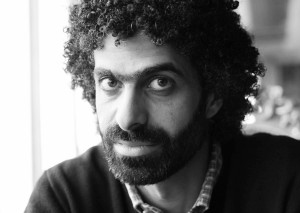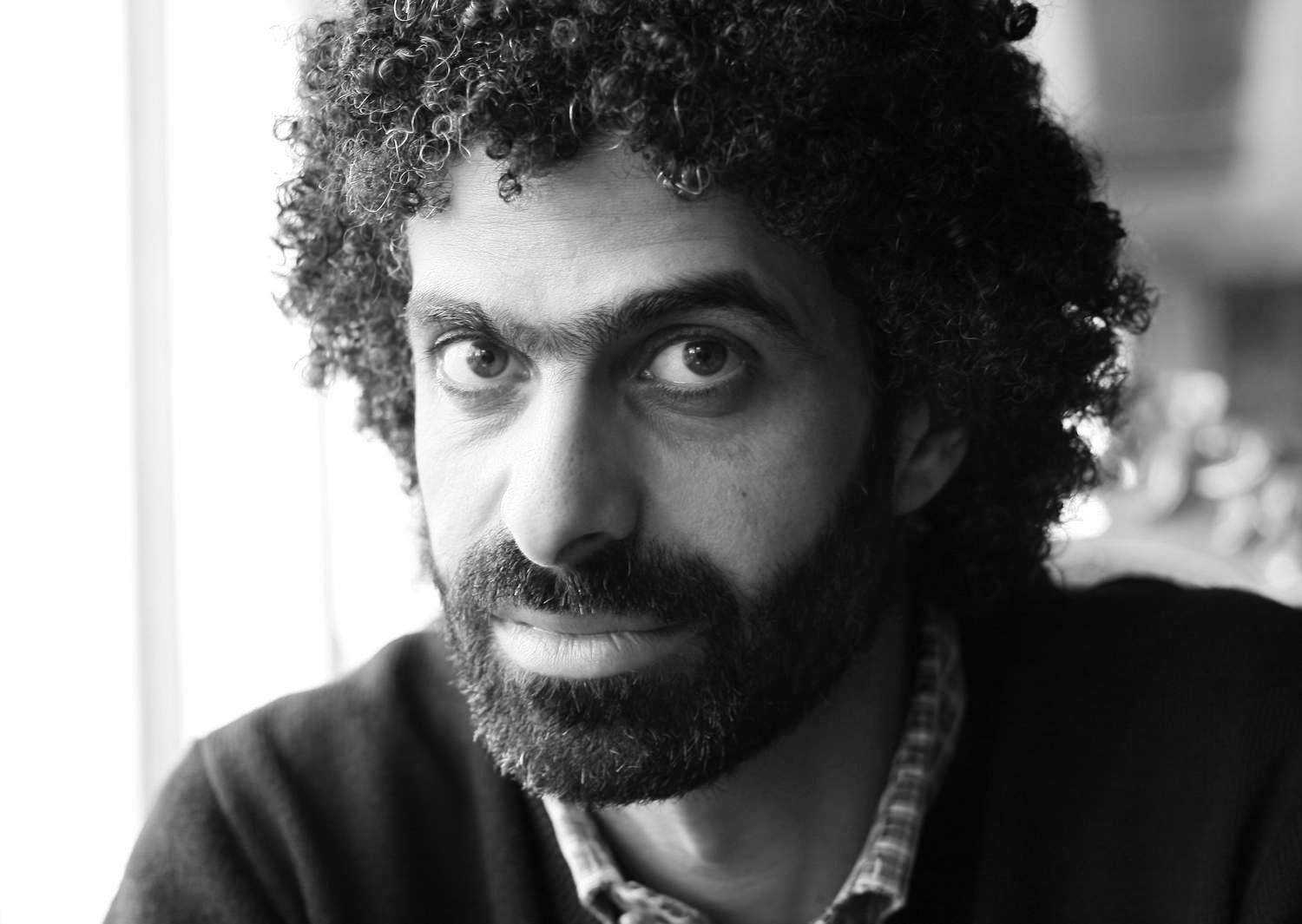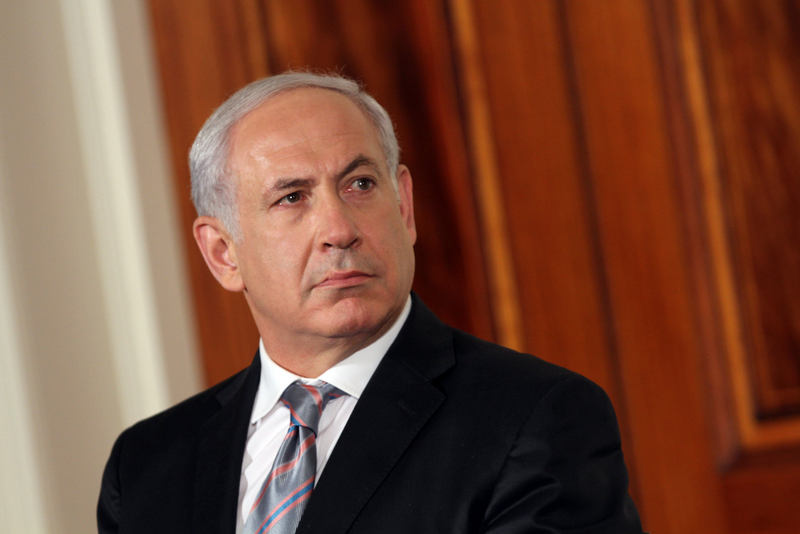
Almost a year ago, in an article called Brothers and generals, a phase of coexistence, I argued that the dramatic decision by ousted president Mohamed Morsi to “sack” Field Marshal Mohamed Tantawi and his deputy General Sami Anan was actually a subtle internal military coup made with the blessing of the Muslim Brotherhood. I believed, and still do, that it was a beginning of a phase of coexistence. I also thought it would be temporary, given the differing nature of the two entities.
Obviously, the past two weeks have shown that this coexistence phase is over and it is time for confrontation between the Brotherhood and the generals.
This was not the first time in history that the Brotherhood had supported the military. In 1952 they provided the Free Officers Movement civilian support and cover in their military coup against King Farouk. That phase ended in 1954 with events similar to what has happened over the past two weeks. Both times angry citizens burned the Brotherhood headquarters.
The Brotherhood is an organisation that ideologically places the concept of the Muslim Ummah – nation – above the state. They would favour this bigger picture over the interests of the Egyptian state, even if it conflicted with the values of the average Egyptian. It is an international organisation with a much bigger dream than ruling Egypt. Naturally the military would not approve of this.
The military is the exact opposite. For them, both the physical and virtual borders of the Egyptian state are red lines. Their Nasserist heritage still prevails, even if only emotionally after “cooperation” with the US following Camp David Treaty in 1978. No one has managed to take this away from them, despite $1.7bn in military aid annually from the US.
There is no need here to elaborate on the Brotherhood’s miserable performance over the past year, as hundreds of articles are already overdoing the job. What I want to stress on is that the Brotherhood have made it difficult for them to be trusted again anytime soon. They attempted a multi-layered process of change within the state that was too difficult for them to maintain and was too obvious to the people to be accepted. They turned many of the people who voted for them against them, people who ended up asking the military to step in. The military was more than happy to step in again as “the sole saviour of the nation”.
Regarding the military and their supposed exit from politics last year, following General Abdul Fatah Al-Sisi agreed upon appointment as defence minister; it seems a comprehensive image makeover had to be done.
The military publicly stated on several occasions over the last year that they would not interfere in politics. It would have been naive to believe this though, given the political role they have played for more than 60 years now. Such changes cannot happen overnight. However, it was a smart move politically to profess their reluctance to clean up the political mess the Brotherhood had created.
Over the past year the military has worked to polish its image, which was tarnished by the actions of the Supreme Council of the Armed Forces (SCAF) under Tantawi, following Mubarak’s fall. However the change was only skin deep; it would take much longer to effect true change in the military.
Regarding the Brotherhood’s future, given the many chances they had for reconciliation with the masses, the opposition and the military, I think political Islam will now face a very long forced vacation, for at least a decade, if not for longer. Having said that, it does not mean that peace will prevail.
On the contrary I expect we will see scattered violence from small de-centralised radical Islamist factions and from angry young Islamists who were manipulated by their leaders as victims of an anti-democratic action against “legitimacy”. This narrative will continue to be used to motivate mobilisation against the military.
Practically speaking, the Brotherhood is out of the political scene, but their leaders cannot reverse the feelings of anger and oppression they implanted in the minds of their followers. This is the most dangerous part of the whole political game of today’s Egypt.
From a different perspective, the military so far have sent several signals that they are different from the ones we experienced in 2011 and half of 2012. Their response to the public’s opposition to the Brotherhood government and the Brotherhoodisation of state institutions was very smart. Obviously it was carefully planned weeks – if not longer – in advance of the grass roots Tamarod campaign initiated by the youth.
Today’s political scene shows that there is a flavour of an old Nasserist military school of thought with some adaptation to contemporary circumstances (as some things possible in the 1950s are no longer so today). We should not underestimate the change in tactics by the military, nor whichever public figures and intellectuals they consulted to come up with such a well-planned response. Hopefully, the near future will reveal the details, and what role the old iconic Nasserist intellectual Mohamed Hassanein Heikal played in the whole process.
Seeing the young armed forces spokesman, Colonel Ahmed Ali, expertly and at length fielding questions from journalists during a tough press conference on live television was impressive. Unlike the old SCAF, who always made it difficult for themselves whenever they made an appearance in the media, Ali was “convincing” to the majority. He used relaxed but firm language, he appeared “accurate” in his responses, and linguistically he presented a totally new model of communicating a military message to civilians. This was something at which the military was absolutely pathetic just a year ago.
Despite all the changes mentioned above, regarding the political decline of the Brotherhood and the military’s smart new look, the Sunday morning massacre of Morsi supporters in front of the Republican Guards’ gates was contradictory to the new face they want to show the Egyptian people. More than 50 were killed and hundreds were injured. It was ruthless, bloody and manic. With all sincere condolences to the families of the two dead soldiers and those injured during the attack that was not the right response. A transparent and independent investigation is needed immediately.
This was simply further evidence that the military cannot change overnight. Let a serious transition to a civilian government over the next six months prove us wrong. Even if there is no significant confrontation between the Brotherhood and the military in this time, the period of coexistence is definitely over.




